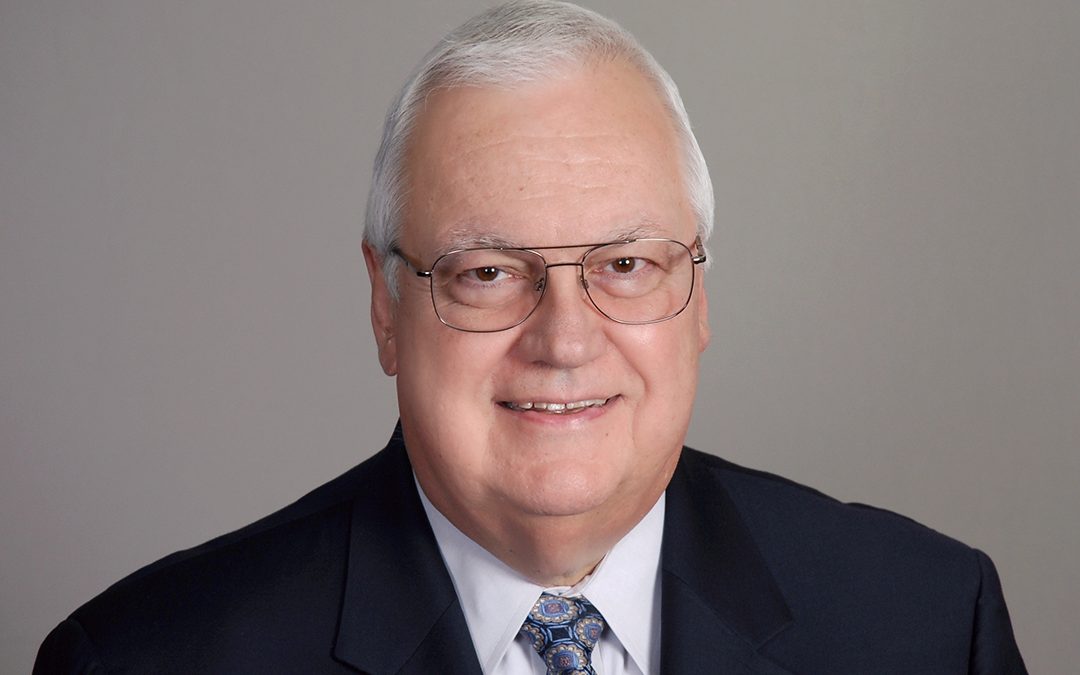The following is the Executive Director’s Message from the spring 2017 issue of INSIGHT, the professional journal of the Texas Association of School Administrators:
Building on the work of the Texas High Performance Schools Consortium (THPSC) and recognizing the continuing need to develop alternatives to the A-F state-driven accountability system, we are launching a new initiative—the Texas Performance Assessment Consortium (TPAC).
Among the recommendations made by the Texas Commission on Next-Generation Assessments and Accountability (TCNGAA) in 2016 was a study on alternative, district-based assessment and accountability systems to expand opportunities for innovation, including an examination of schools achieving high levels of academic success with limited resources.
TCNGAA specified that the study should identify school districts, including the 22 districts of the THPSC and Texas charters, that have adopted community-based assessment and accountability systems designed to promote family and community engagement and reflect their community’s needs, values and interests.
During the past few years, through the work of the THPSC, the idea of community-based accountability systems has grown. A number of Texas districts are now experimenting with various models. Those that support them have come to recognize the serious limitations of an accountability system based on a single, end-of-year test. Chief among those limitations is that the results represent a narrow view, if not a misrepresentation, of the actual work being performed in a school.
Forty four school districts, ranging in size from 540 to 98,000-plus students, that are either part of the THPSC, the group of districts that make up the Consortium Associates, or involved in TASA’s Future-Ready Superintendents Leadership Network, have responded to an invitation to be part of TPAC this spring.
TPAC’s mission is to build and support next-generation measures and assessments in support of community-based accountability systems. The first year of TPAC has been designed as a pilot involving the 44 districts that have volunteered to participate. The plan is to open up the opportunity to more districts in the second year.
Our goal is to demonstrate that a well-crafted community-based accountability system has the necessary explanatory power to clearly communicate the quality of effort undertaken by a school and a district such that it can eventually supplant the standardized test-centric system in place in Texas for more than 20 years.
We believe that the next generation of assessments and accountability must be driven and created locally. When a superintendent, a principal, and a teacher each ask the core accountability question: “For what am I accountable and to whom?” each walk away with answers tailored to them and the students they serve.
Though individual districts will develop answers to their accountability questions that are different based on their communities’ needs, the commonalities that arise throughout the process will make the statewide project worthwhile for informing development of future community-based accountability systems.
TPAC will partner with organizations including the Stanford Center for Assessment, Learning, and Equity (SCALE), which for the past 10 years has been a leader in building highly reliable performance measures at the local level. Other partners are the Portland, Maine-based Great Schools Partnership, one of the primary contractors for competency-based programs in the United States, and the Institute for Learning at the University of Pittsburgh, which brings educators the best current knowledge and research about learning processes and principles of instruction.
The benefit of TPAC’s work to schools and districts, in addition to developing a way to create a rich performance assessment program in support of initiatives such as high-priority learning standards and college and workplace readiness, will be to participate in the creation of metrics that can be included in a community-based accountability system. Success by TPAC members could well be the catalyst for a new generation of school accountability that is tied directly to the activities undertaken by a school and the quality of the results, ultimately providing the policy community with a compelling alternative.
